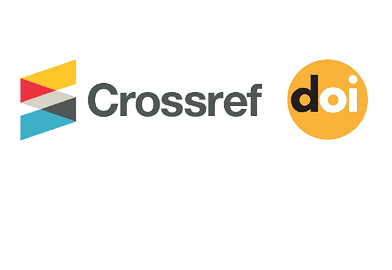Resilience and Emotional Intelligence among Students in Karachi, Pakistan: A Comparative Study
DOI:
https://doi.org/10.52461/pjap.v3i1.1310Keywords:
emotional intelligence, resilience, psychology, medicine, nursing, studentsAbstract
Students find it difficult to deal with life experiences and their challenges can cause stress and adverse effects. Prior research has also supported that clinical practice environments can lead to anxiety and stress among students (Ahmad & Anwar, 2018). A cross-sectional study was designed to explore resilience and emotional intelligence (EI) among university students in three fields: psychology, medical, and nursing, as they go through an extensive training regimen during their academic sessions. The Brief Resilience Scale (BRS) (Smith et al., 2008) and the Schutte Self Report Emotional Intelligence Test (SSEIT) (Schutte et al., 1998) were used to determine resilience and EI respectively in the sample, which comprised of 301 university students. It was found that there is no significant relationship between emotional intelligence and resilience. However, managing own emotions (subscale of EI) was only found to be weakly correlated (r꞊ .173, p<.05) with resilience. Moreover, a significant difference was found in the emotional intelligence of medical, nursing, and psychology students while an insignificant difference was found for resilience. The findings revealed that higher EI was found among medical students as compared to Nursing students. Moreover, Psychology students had greater EI than nursing students. Advocating a revision in the academic curriculum for developing skills like EI and resilience can facilitate a healthy coping of dealing with life and workplace challenges in their clinical practice.
Downloads
Published
How to Cite
Issue
Section
License
Copyright (c) 2023 Danyah Ali, Eman Saleem, Hira Khanum , Shafaq Siddiqui , Mahum Azhaar, Fareeha Kanwal

This work is licensed under a Creative Commons Attribution-NonCommercial 4.0 International License.
All the articles editorially accepted for publication by the Pakistan Journal of Applied Psychology (PJAP) are licensed under the Creative Commons Attribution-NonCommercial 4.0 International (CC BY-NC 4.0) Submitting a manuscript to PJAP, the author has to certify that he/ she is authorized by other contributors (s) and co-author (s) to enter the publication process.




